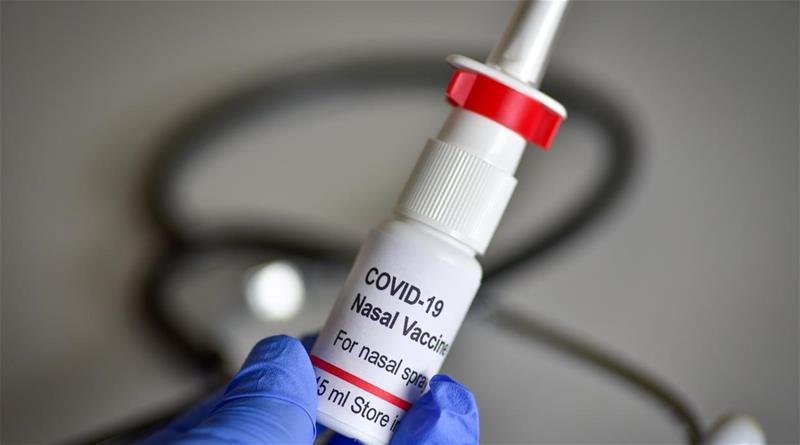
Photo Credit: Duke-NUS
A team of scientists, led by Singapore’s Duke-NUS Medical School, has discovered a potential intranasal vaccine candidate that provides improved, longer-lasting immunity against SARS-CoV-2 viruses compared to when given as an injection. By triggering an immune response directly at the point of entry, the intranasal vaccine candidate enhanced long-term immune memory of the virus, which could translate to a reduced need for booster shots.
There is growing evidence that intranasal vaccines provide greater protection at mucosal surfaces, making this a vaccination route that could reduce break-through infections and subsequent transmission of the virus.
To investigate this further, the research team, which includes collaborators from Duke University and the National University of Singapore among others, compared the immune response from nasal and subcutaneous administration of the vaccine, as well as immunity from the vaccine with or without adjuvants, substances added to vaccines to boost immunity.
The findings showed nasal administration of the vaccine candidate boosted mucosal antibody response, as expected. Additionally, it enhanced longer-lasting mucosal and systemic immune protection through preferential induction of airway-resident T cells and central memory T cells.




